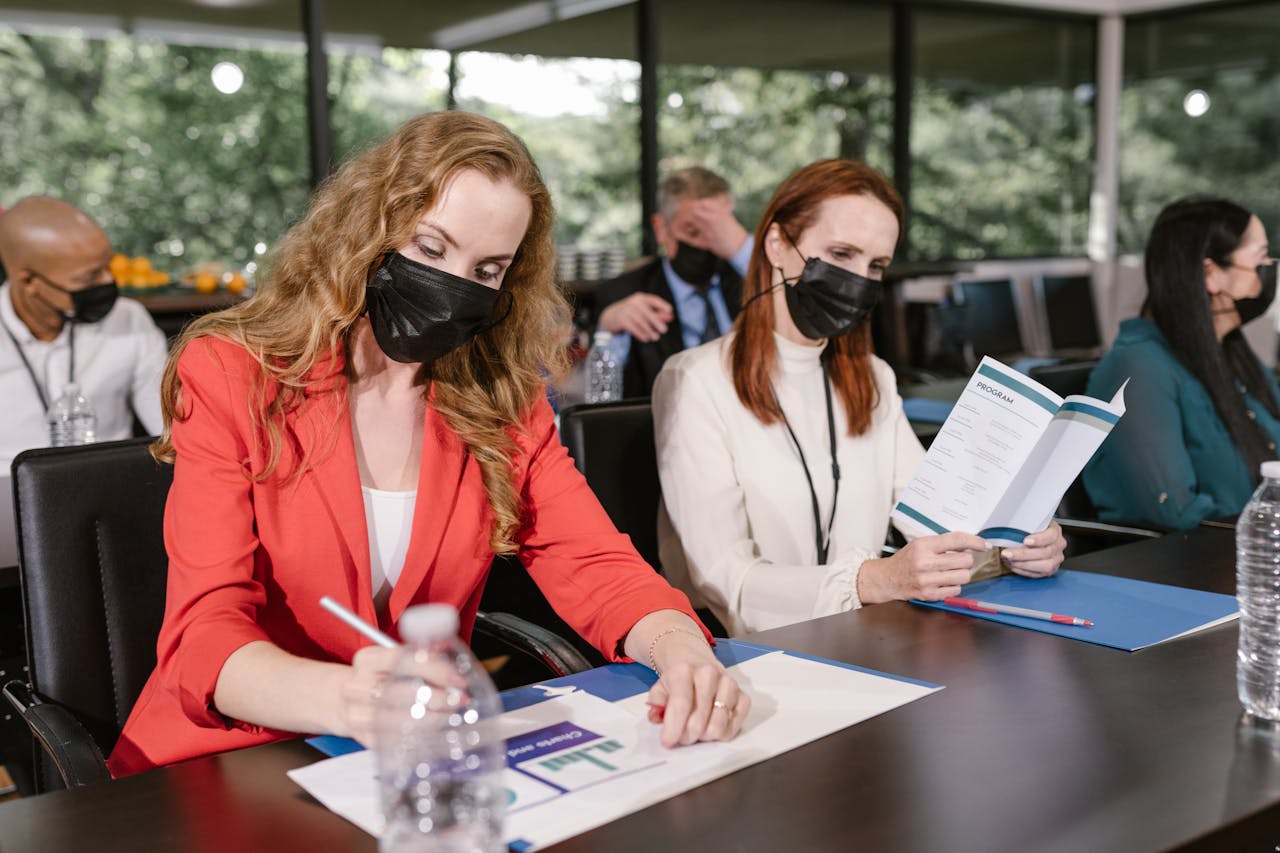Introduction: Risk management is a critical aspect of corporate event planning. Identifying potential risks and having contingency plans in place is essential for a smooth event.
Key Points:
-
Risk Assessment: Conducting thorough assessments to identify potential risks and vulnerabilities.
- Site Inspections: Performing site inspections to identify any potential hazards or issues.
- Vendor Assessments: Evaluating vendors to ensure they meet safety and reliability standards.
-
Contingency Planning: Developing backup plans to address potential issues such as weather disruptions or technical failures.
- Alternative Venues: Identifying alternative venues in case the primary location becomes unavailable.
- Backup Equipment: Ensuring backup equipment is available for critical technical components.
-
Safety Protocols: Implementing robust safety measures to protect attendees and staff.
- Emergency Procedures: Establishing clear emergency procedures and communicating them to all staff and attendees.
- Health and Safety Measures: Ensuring health and safety measures, such as first aid stations and COVID-19 protocols, are in place.
-
Crisis Management: Preparing for crisis scenarios with clear communication and action plans.
- Crisis Communication: Developing a crisis communication plan to ensure timely and accurate information dissemination.
- Crisis Response Team: Assembling a crisis response team to manage and coordinate the response to any emergencies.
Conclusion: Our proactive approach to risk management ensures that your corporate events proceed smoothly, even in the face of unexpected challenges.



